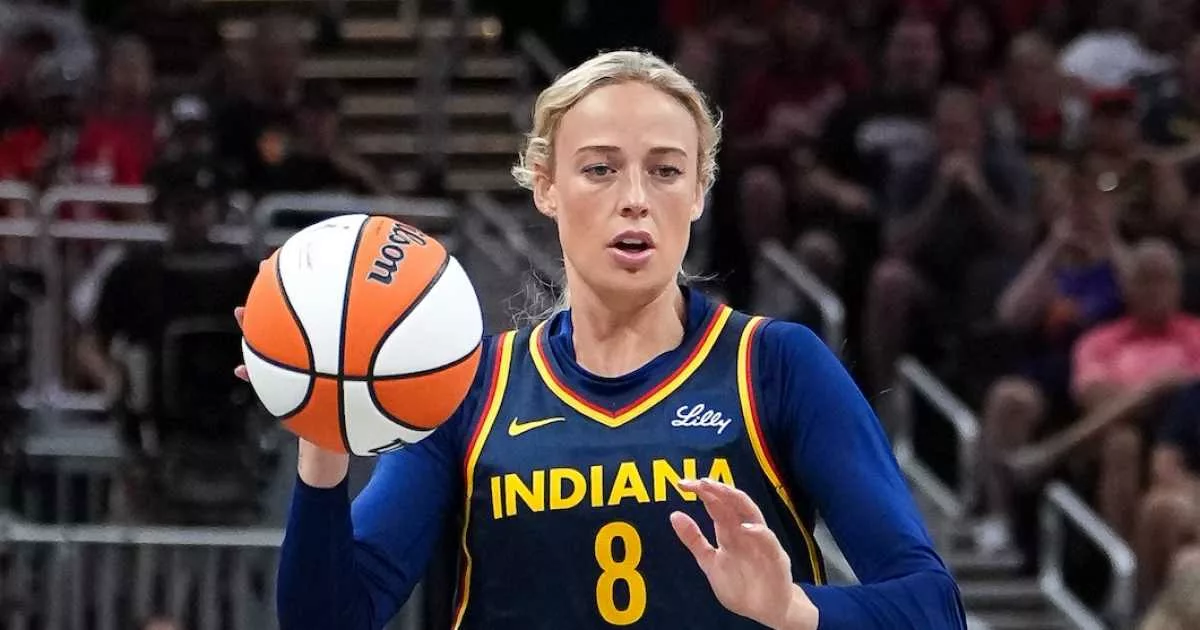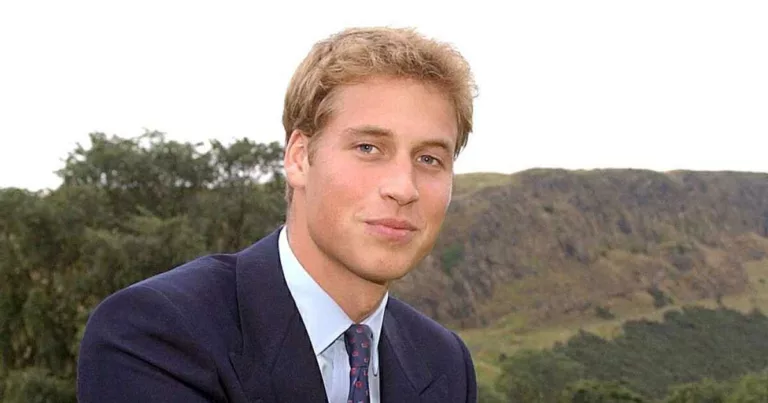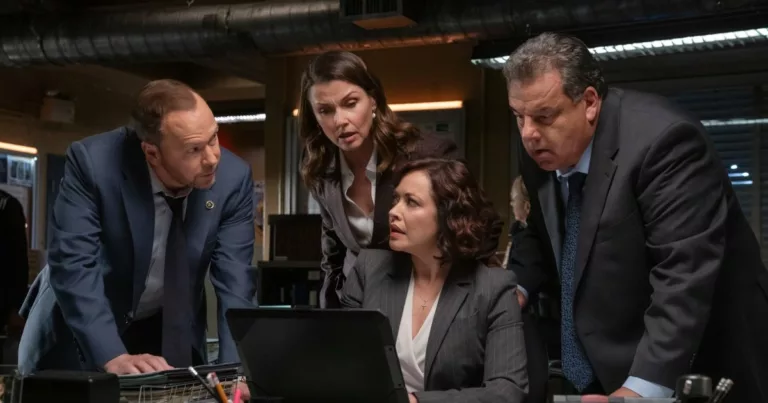Sophie Cunningham Clarifies Comments on WNBA Expansion Cities
Indiana Fever guard Sophie Cunningham recently found herself at the center of controversy after remarks she made regarding the WNBA’s expansion cities, specifically Detroit and Cleveland. Following backlash from fans and athletes, Cunningham took to social media to clarify her statements, emphasizing her respect for the history of the league and the cities involved.
On July 1, during a media availability session, Cunningham suggested that players might not be excited about the prospect of playing in Detroit or Cleveland. This comment sparked outrage, leading many to misinterpret her intentions. On July 3, she addressed the situation in a video shared via X, stating, “First of all, I know the history behind the WNBA. I know that both of those cities have had teams before, and they got us where we’re at. So I’m thankful for that.”
Cunningham’s initial comments were made in the context of discussing potential expansion cities for the league, where she mentioned Nashville and Miami as attractive alternatives. Her remarks were viewed as dismissive of Detroit and Cleveland, where the WNBA had previously established teams—the Detroit Shock and Cleveland Rockers.
In her clarification, Cunningham reiterated her appreciation for the contributions of both cities to the league’s foundation. “All I was getting at is, like, [Nashville’s] Broadway, the off-court lifestyle, and so I think that is intriguing. That’s all I was getting at. I’m thankful for what they’ve done for our history of the sport,” she explained.
The WNBA announced its plans to expand from 13 to 18 teams by 2030, with the addition of Cleveland, Detroit, and Philadelphia slated for 2028, 2029, and 2030, respectively. Toronto and Portland are already set to join the league in 2026. This expansion reflects the league’s rapid growth and increasing popularity, particularly following the rise of star players like Caitlin Clark, who joined the Indiana Fever in 2024.
Cunningham expressed her belief that the league could benefit from teams outside traditional NBA markets, while also acknowledging the importance of having NBA affiliations. “I think it’d be fun to kind of get some teams outside the NBA market,” she said. “I do think there is a benefit when you do have an NBA team. But that’s all I was getting at.”
As the WNBA continues to evolve, Cunningham’s comments highlight the ongoing dialogue about the future of women’s basketball and the cities that will play a role in its development. With a $250 million expansion fee for each new team, the league is poised for significant growth, attracting more fans and players to the sport.
Cunningham’s experience serves as a reminder of the sensitivity surrounding discussions of team locations and the histories tied to them. As the WNBA expands, it will be essential for players and fans alike to foster a spirit of unity and appreciation for the contributions of all cities involved in the league’s journey.




